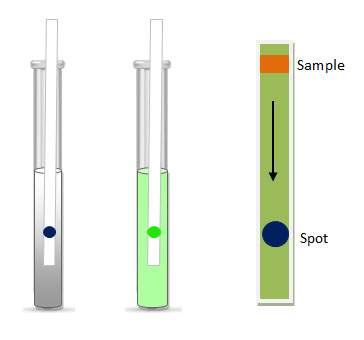PI Name & Affiliation:
Prof. N. Chandrasekaran,
Senior Professor,
Centre For Nanobiotechnology (CNBT),
Vellore Institute of Technology, India
Co-PI Name & Affiliation:
Dr. T. B. Sridharan,
Professor,
Department of Biotechnology,
School of Biosciences and Technology (SBST),
Vellore Institute of Technology, India
Funding Agency: ICMR
Scheme: Basic Medica Sciences
Overlay: Rs. 30,30,920
Duration of the Project: 3 Years

Prof. N. Chandrasekaran
Senior Professor
Dr. T. B. Sridharan
Professor
Project Description
Background: Most of the infectious diseases to human are caused by pathogens that are entered gastrointestinal tract via contaminated food. Hence, early detection of bacterial contamination in food products could be the best method to prevent food poisoning and related ailments. Current detection techniques such as plate count method (cfu), bioluminescence assay, PCR and other detection kits are expensive, time consuming and can be performed only by experts.
Novelty: Generally bacterial species communicate each other and with other group of microorganisms via signaling molecules (Quorum sensing molecules (QSMs)). Microbes have to recognize these signaling molecules and detect it during their growth as well as for controlling the gene expression or for specialized gene expression. This process is known as quorum sensing (Nealson and Hastings, 1979). Early sensing of these signaling molecules in the food product could prevent casualty.
Objectives: The QSMs namely N-acyl homoserine lactones (AHLs), auto inducing peptides (AIPs) and autoinducer-2 (AI-2) are found to be suitable biomarkers for various detection systems (Pereira et al., 2013). The proposed study intended to use AI-2 as a biomarker for detecting bacterial food spoilage via bioluminescence bacteria against conventional physical-chemical methods that possessing numerous separation procedures for sample preparation and various detection principles i.e. mass spectrometry.